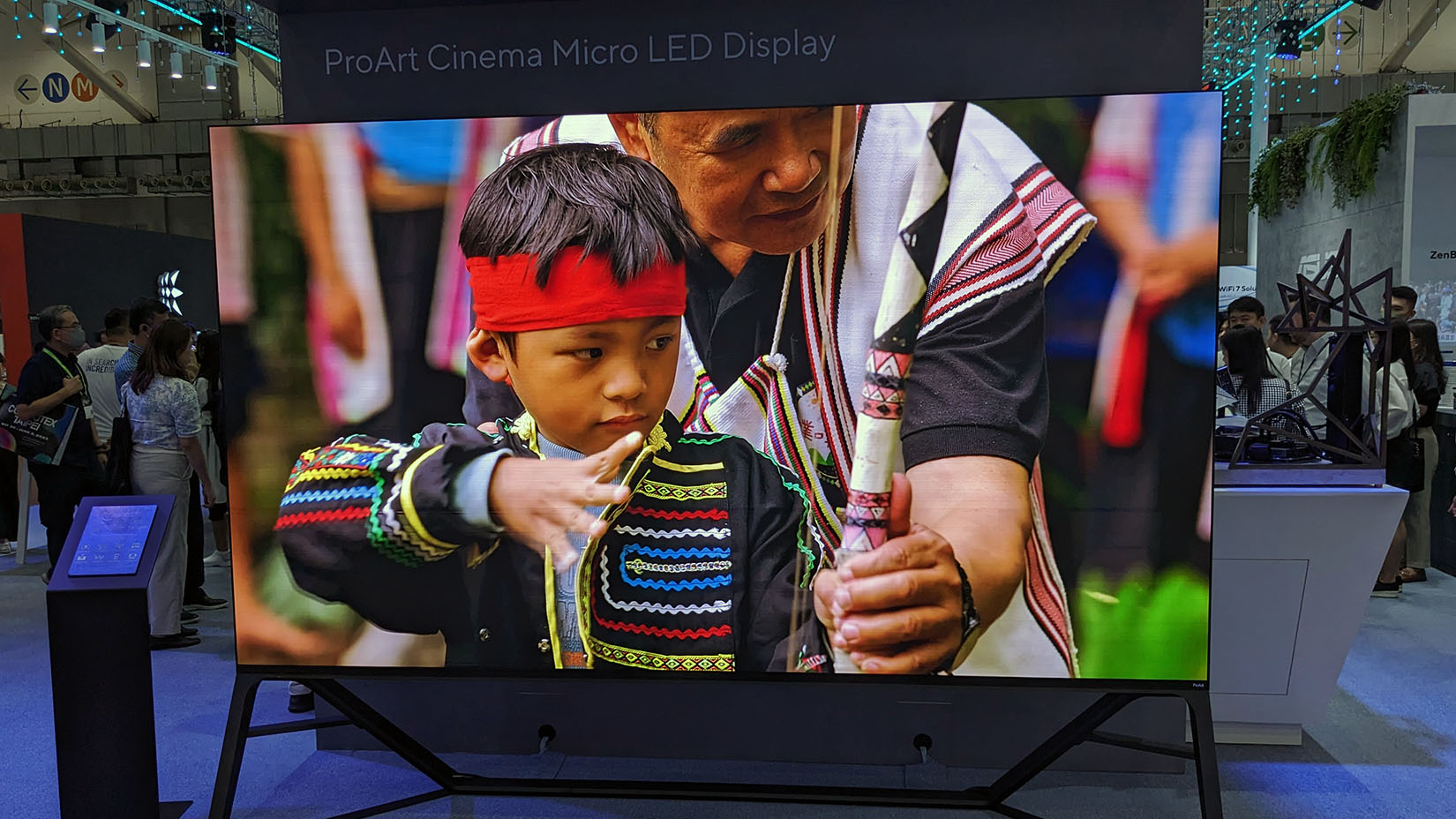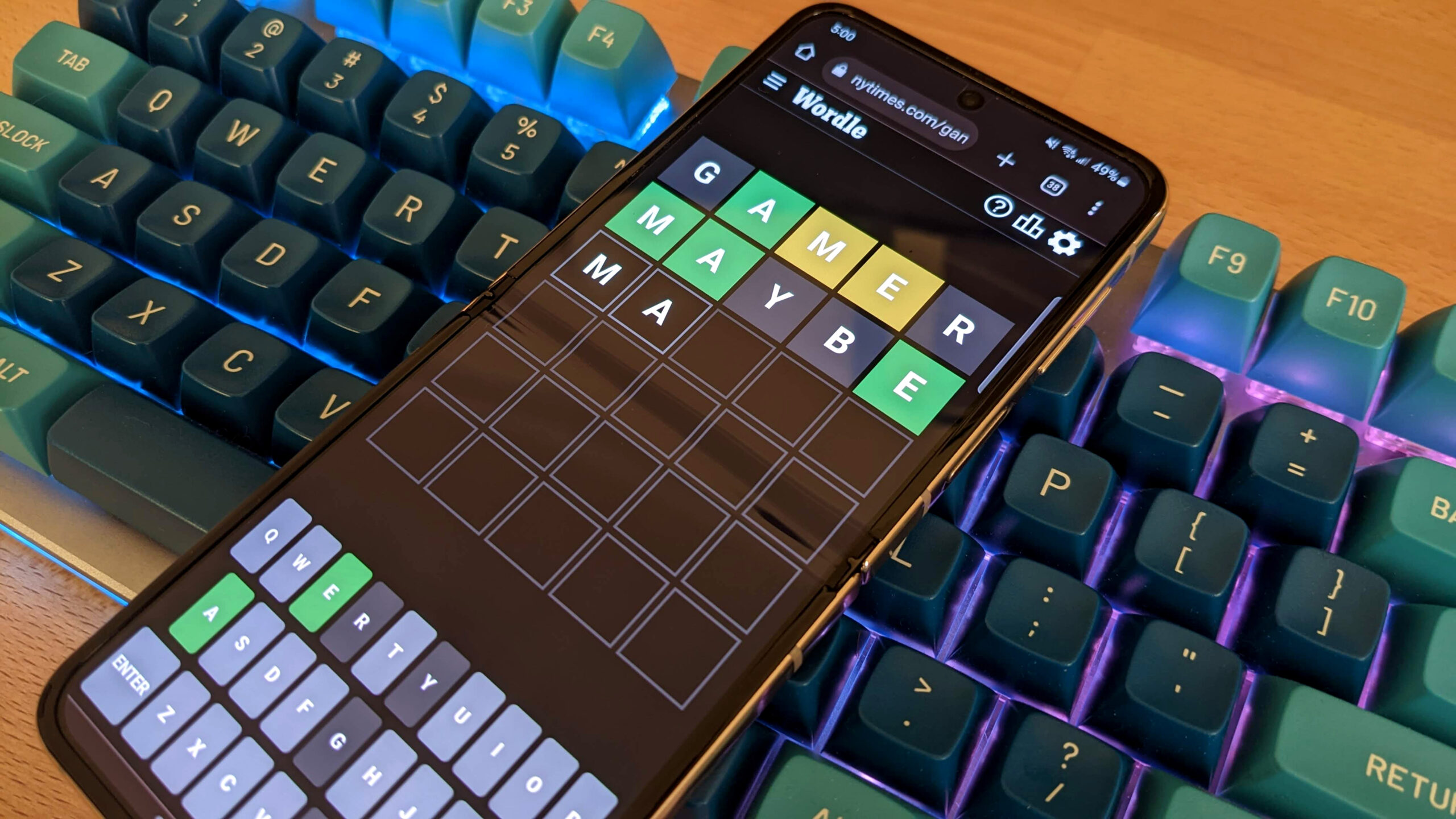When I attended Computex in late May, one of the most impressive things I saw was the Asus ProArt Cinema PQ07 display. There were few details at the time, and I wrote I would be surprised if it cost less than $100,000. I was wrong. It’s going to cost $200,000. My kidneys aren’t worth that much.
Some more information is now available, thanks to HDTVTest (via Notebook Check). The display comes in a massive 135-inch size, but its highlight is its use of Micro-LED technology. This means every pixel can be switched on and off, which gives it a very high contrast ratio of 1,000,000:1 while being able to sustain a 2,000 nit brightness level. That’s unsustainable on OLED displays with automatic brightness limiting.
Other specs include a 95% DCI-P3 gamut and 4K resolution. This gives it a pixel pitch of 0.7815mm. You might expect 8K at this size, but commercial Micro-LED technology is still in its nascent stage, and at $200k for a 4K model, well, that Ferrari would start to look like a bargain.
Asus is targeting the PQ07 at professionals, but it would make a fine home cinema display too, even if there are much cheaper options, including projectors that are very good in their own right. Notebook Check speculates the display is limited to 60Hz making it a poor option for gaming on your superyacht.
(Image credit: Future)
Best gaming monitor: Pixel-perfect panels for your PC.
Best high refresh rate monitor: Screaming quick.
Best 4K monitor for gaming: When only high-res will do.
Best 4K TV for gaming: Big-screen 4K gaming.
Micro-LED screens are still some way from seeing widespread adoption. They’re still extremely cost prohibitive compared to OLED options, though they have some advantages, such as a longer lifespan and no concerns over screen burn-in. They’re also modular, meaning it’s easier for manufacturers to produce different screen sizes.
I love the idea of something like a Micro-LED 7,680 x 2,160 Ultrawide with a 200Hz+ refresh rate and 100% DCI-P3 color support, but such a screen is sure to be many years away. Maybe an RTX 8090 that supports DisplayPort 3 will be on the menu by then too.
I can’t wait to see Micro-LED hit the mainstream. In the meantime I’ll make do with my 3440 x 1440 ultrawide and aging 50-inch Panasonic Plasma TV. Only a lottery win would make me consider upgrading to this Asus, and even then it’d need to be a big lottery win.











